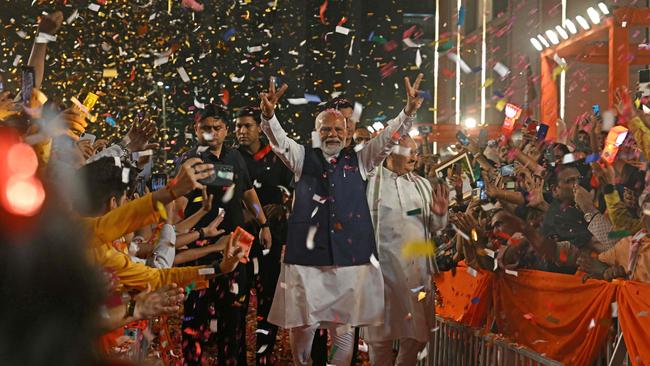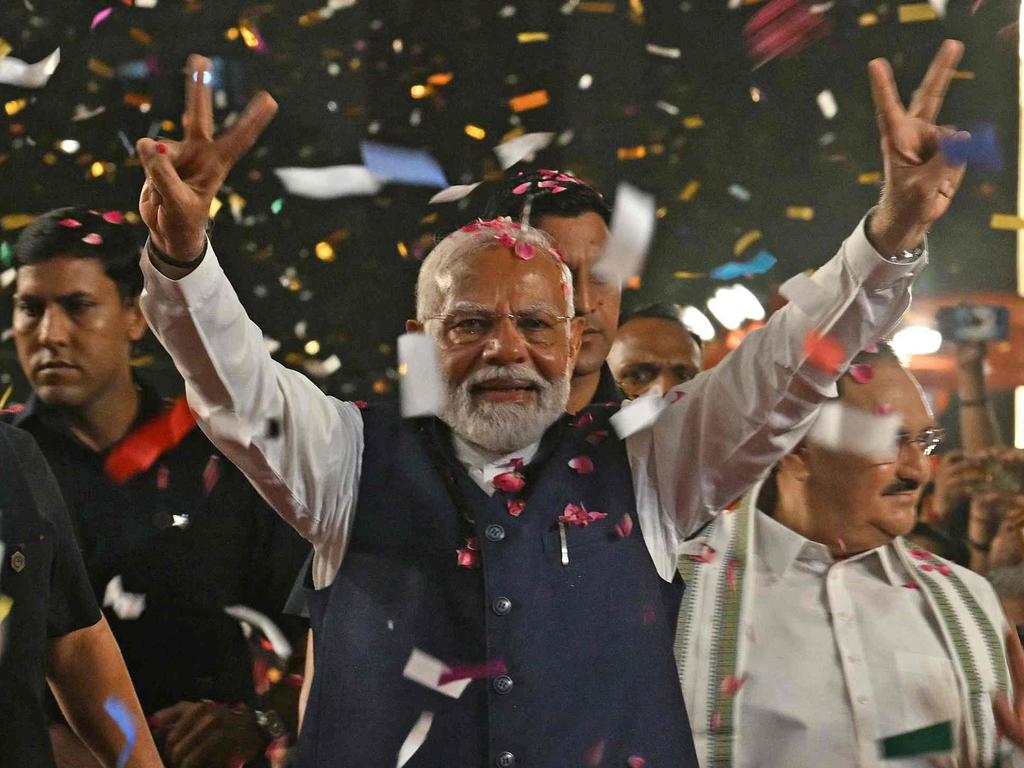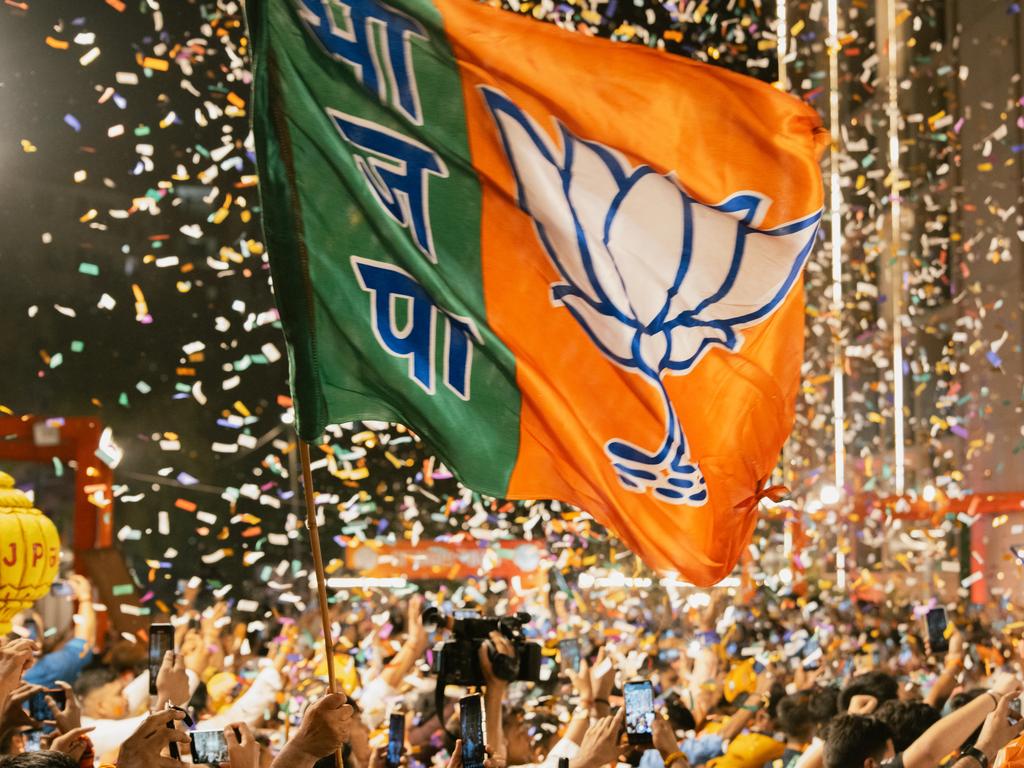Indian elections demonstrate that patriotism is the key to democracy

It took six weeks for the world’s largest democracy to poll all of its remote jungle villages and high mountain outposts, but only a few hours for the Election Commission to count the vote. Everything is electronic, of course. The world’s poorest major democracy is also one of its most advanced.
Sometimes it seems like only a very rich country can afford to be a democracy. Education is also indispensable. You can’t expect poor or illiterate voters to make informed choices on the complex issues facing the world today. Common sense says they make easy prey for demagogues and dictators.
And any democracy worth its salt better have a secular, modern and moderate population.
Religion in private life is all well and good. But the last thing you want is a country full of true believers who constantly inject religion into politics and wear their faith on their foreheads.
So how is it possible that India can run a democracy on less than $10 a day in per capita GDP, with an electorate that even today is one-quarter illiterate? And in a country where 84 per cent of the population say religion is “very important” in their lives – so important that religiously motivated violence remains the most serious threat to public order?
The answer may lie in one much-maligned word: patriotism.
Surveys show 96 per cent of Indians believe that to be “truly Indian” it is important to stand for the national anthem. To be truly Indian, 94 per cent believe it is important to respect the country’s laws and 95 per cent believe it is important to respect the military.
Incredibly, India consistently ranks second on the per cent of its citizens who believe their country is the “best in the world” – beaten only by the US, a legendarily patriotic country that is more than 30 times as wealthy.
Most political scientists seem to believe knee-jerk patriotism is the first step on the slippery slope to dictatorship. But in the fragile and febrile environment of a poor developing country, widespread respect for national institutions is needed for democracy to survive.
It’s easy to maintain democracy in a peaceful, prosperous society such as Australia’s. When a Lidia Thorpe or a Laura Tingle lambastes Australia for being a “racist” country, there is little risk that people of any race will rise up in armed rebellion to overthrow the government. In many developing countries, however, that kind of divisive language can actually lead to civil war.
There are many people who criticise Indian democracy. The leading democracy ranking organisation even calls India an “electoral autocracy”. But most criticisms of Indian democracy fall apart when you start examining the data in detail.
For example, some say India lacks freedom of the press. They point to the six journalists serving prison terms (in a country of 1.4 billion people). Four are independent freelancers and the other two report for obscure websites. Not a single journalist working for an established print or broadcast news organisation is imprisoned in India.
What about academic freedom? Believe it or not, across the past decade more academics have been fired for their views in Australia than in India.
Politicisation of the judiciary? In India, all judges are appointed by the Supreme Court, which elects its own future members.
Oppression of religious minorities? Fully 89 per cent of Indian Muslims and 89 per cent of Indian Christians say they are “very free” to practice their own religions, while 72 per cent of Muslims and 77 per cent of Christians say there is “not a lot of discrimination” against people of their religions.
India even beat Australia to having an indigenous woman head of state: Droupadi Murmu, an elementary schoolteacher from the Santal tribe of West Bengal. She was nominated for the mostly ceremonial position by Modi’s BJP.
Criticisms notwithstanding, India has cracked the code on how to maintain a democracy in a poor, relatively uneducated, deeply religious society. The secret ingredient is patriotism. It means ordinary citizens feel they have a stake in the country and its future. Indians may argue over politics, but they’re not going to go to war over elections. Let’s hope the world’s second-largest democracy, the US, is just as mature.
Salvatore Babones is an associate professor at the University of Sydney and executive director of the Indian Century Roundtable.






India’s elections are over, and Narendra Modi will return as Prime Minister – though with a much reduced majority. For the first time in 10 years his Bharatiya Janata Party must rely on its coalition partners to keep it in office. But the BJP is still by far the largest party in the Lok Sabha, the lower house of India’s parliament, and Modi is still far and away the country’s most popular politician.